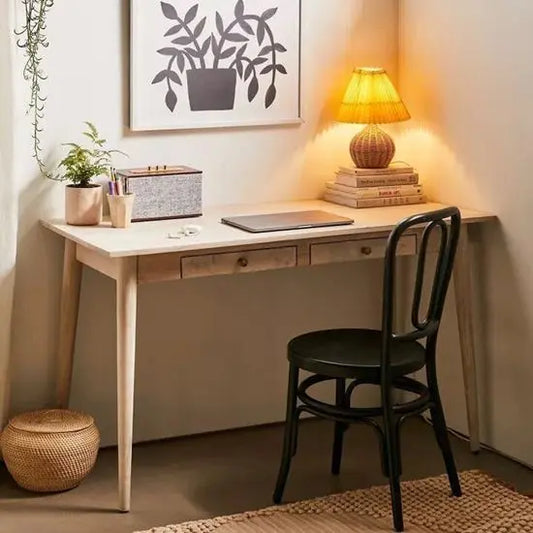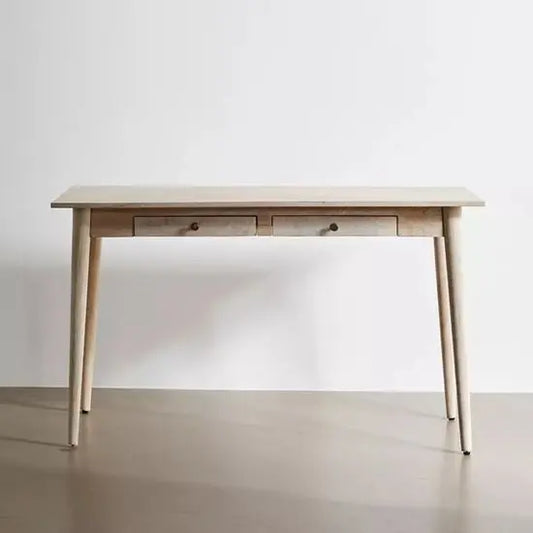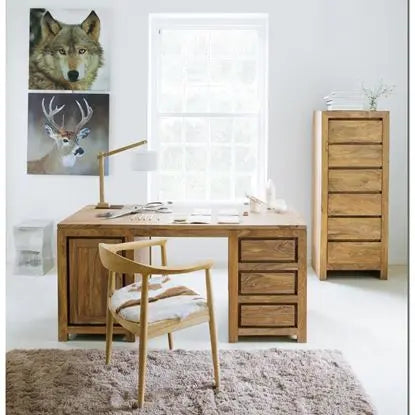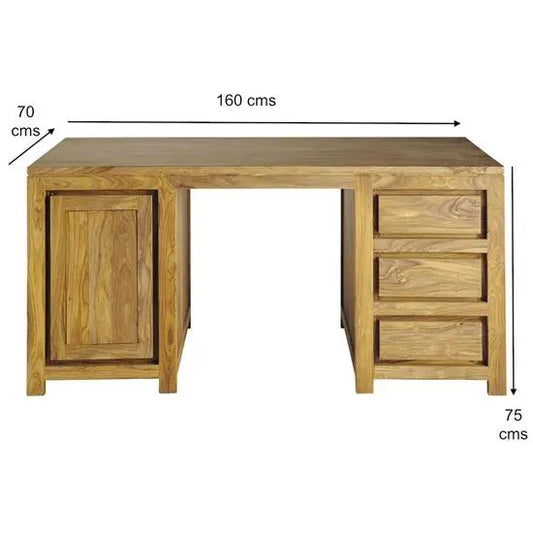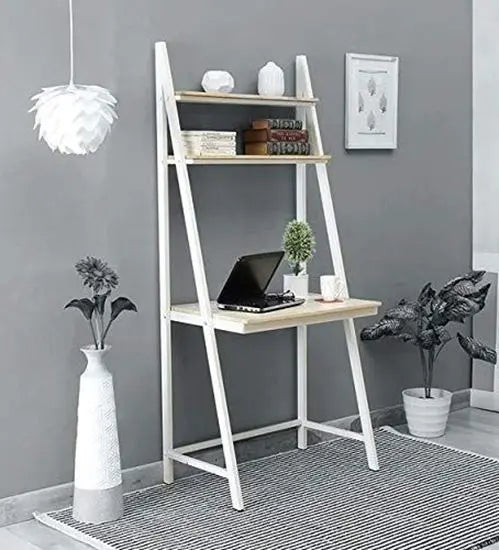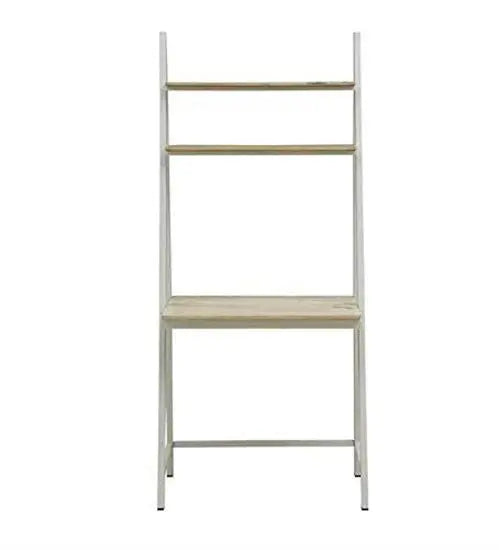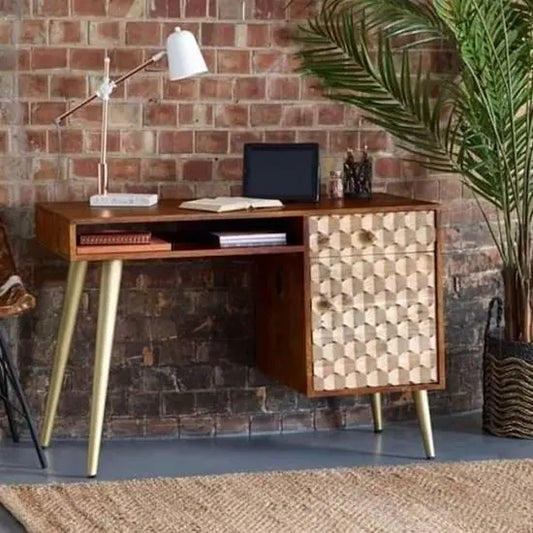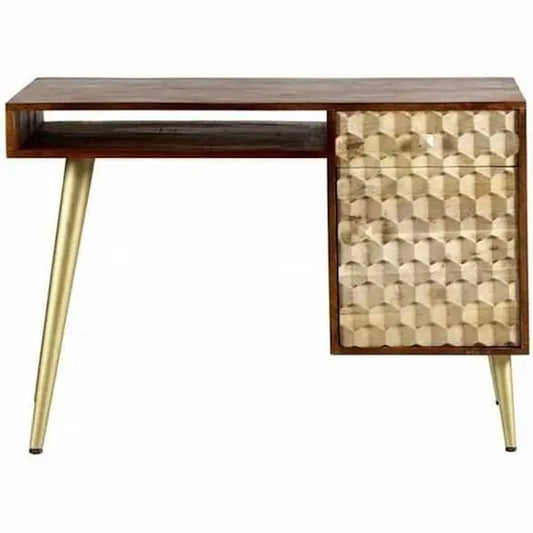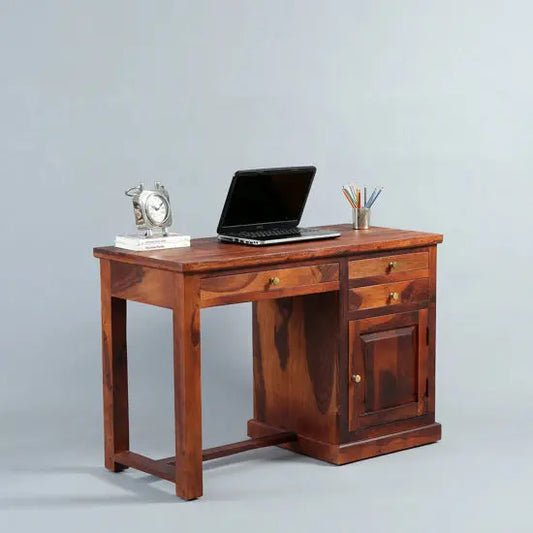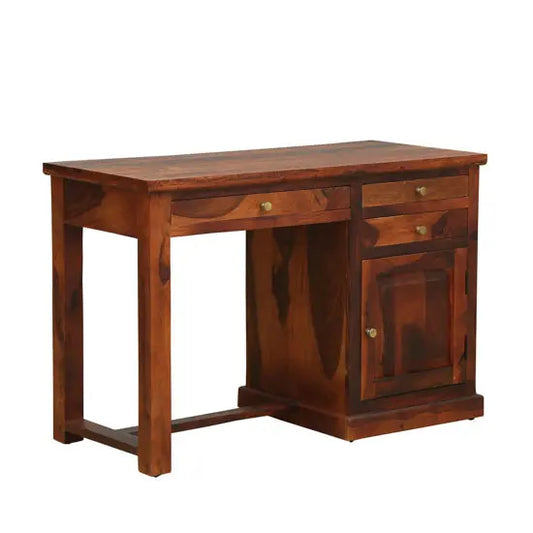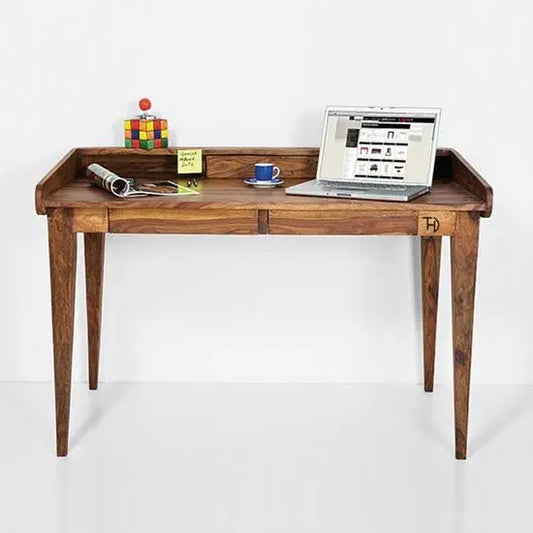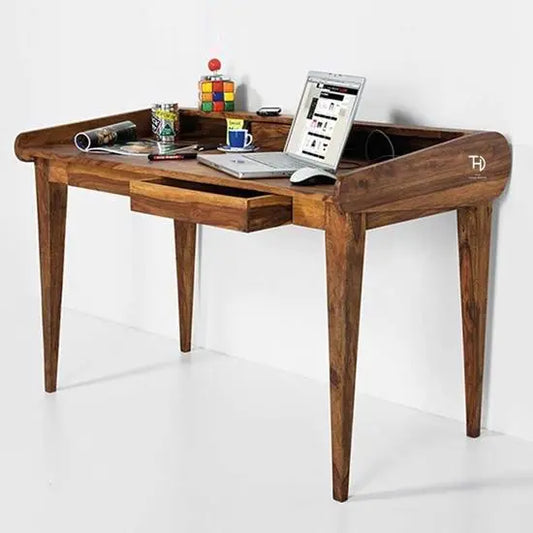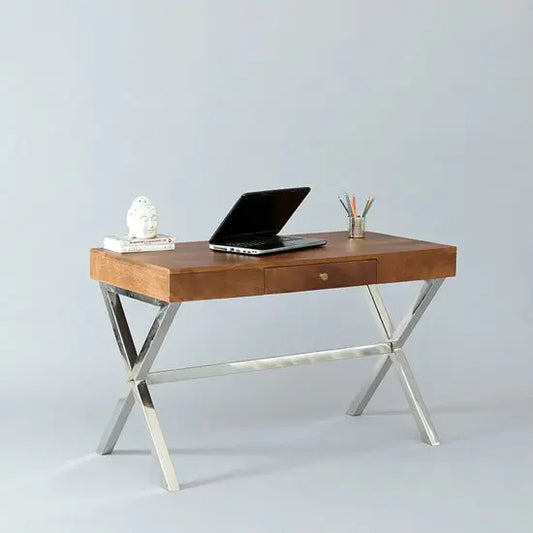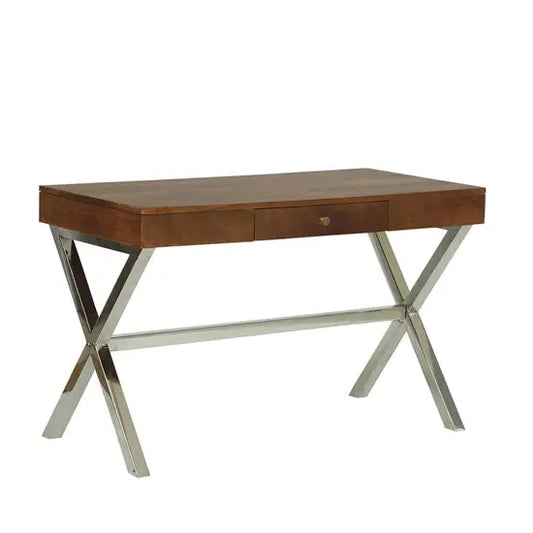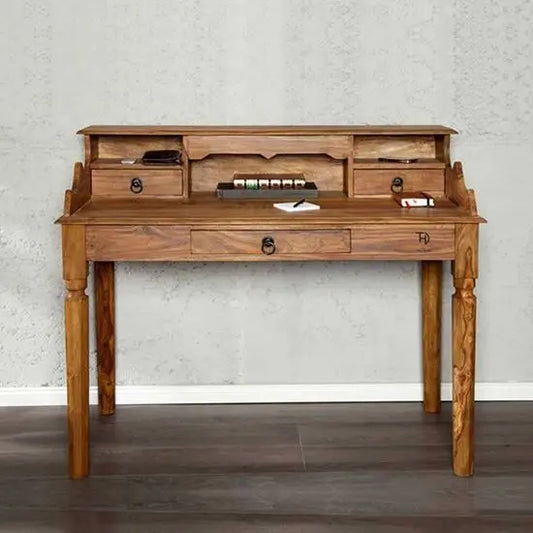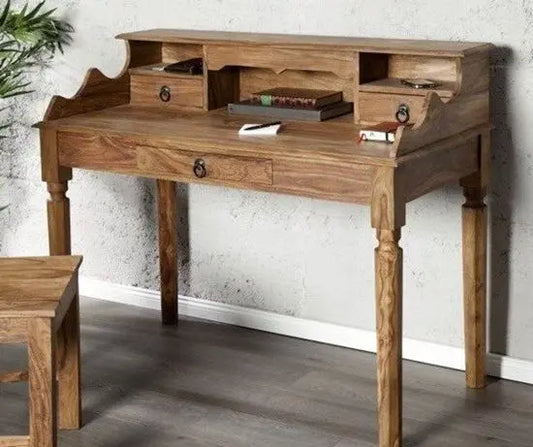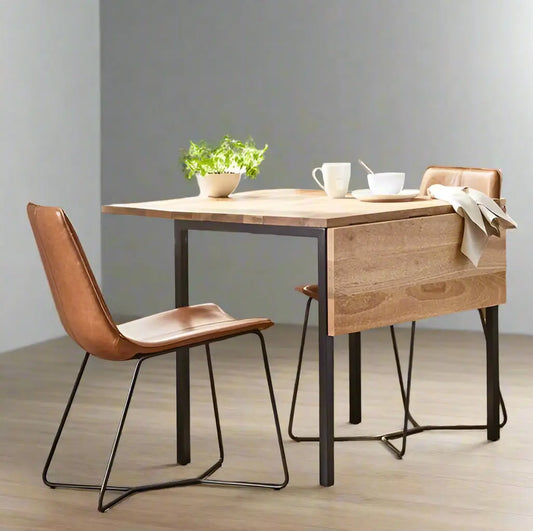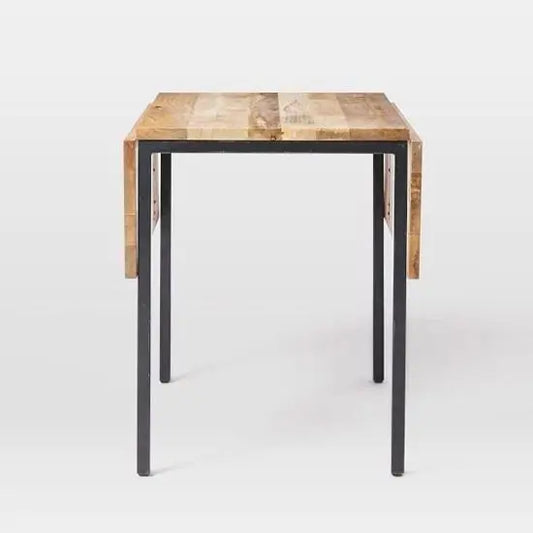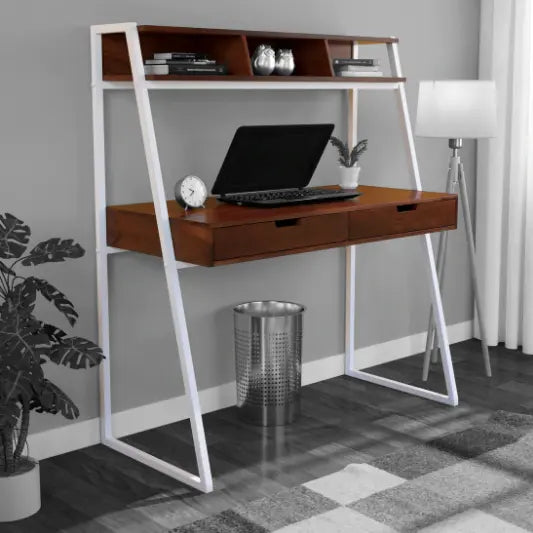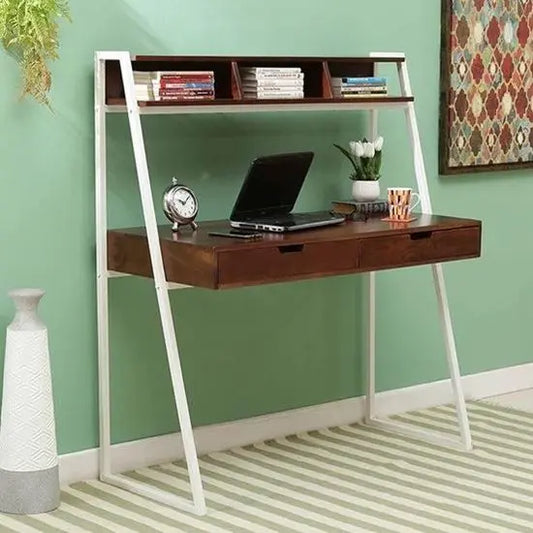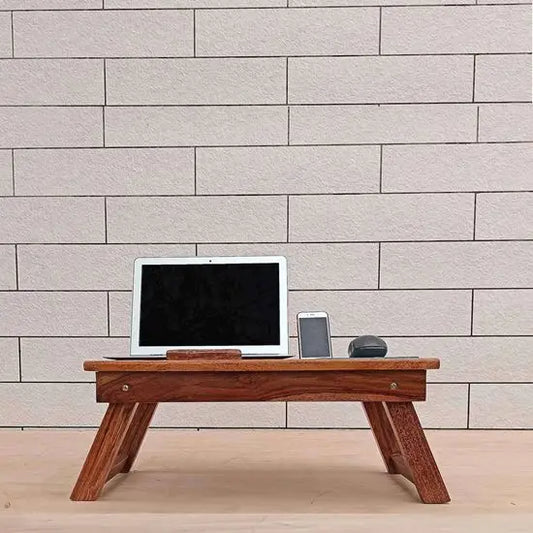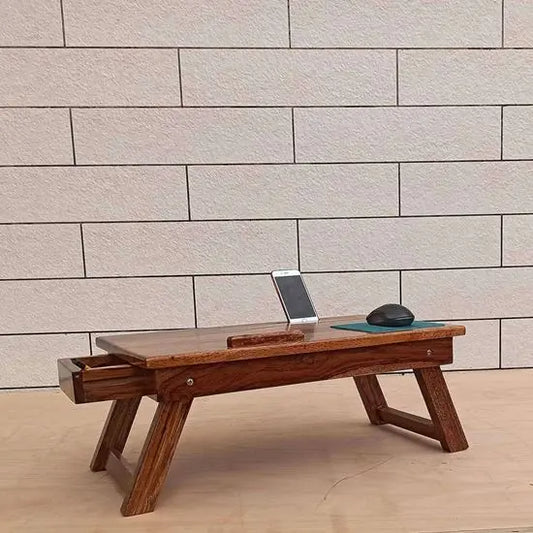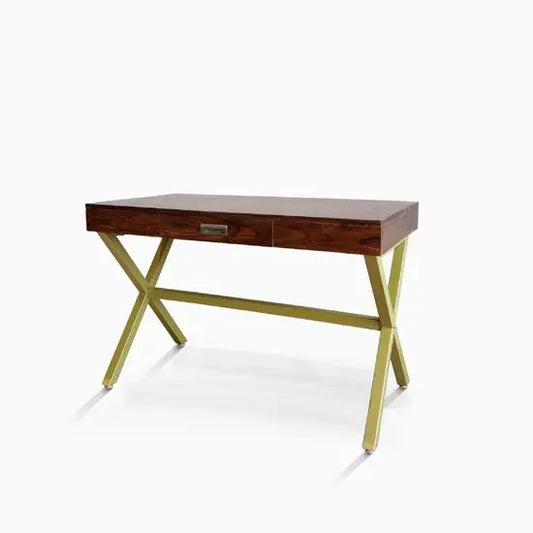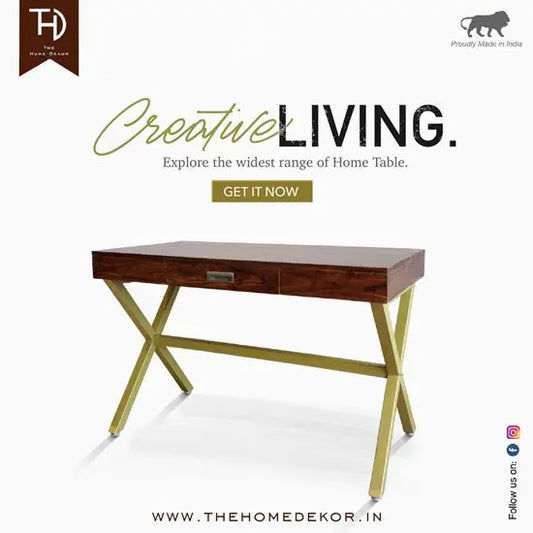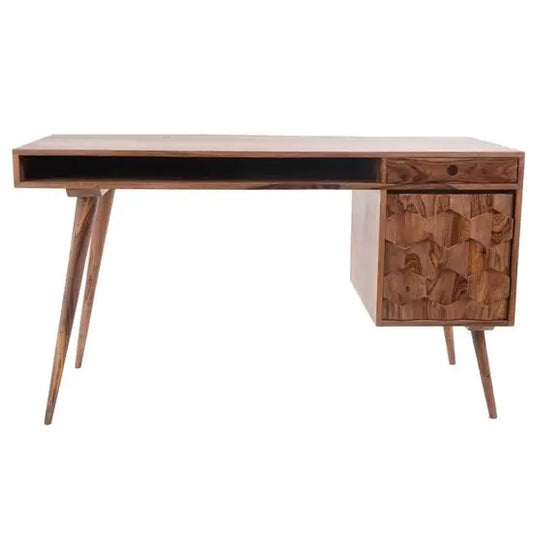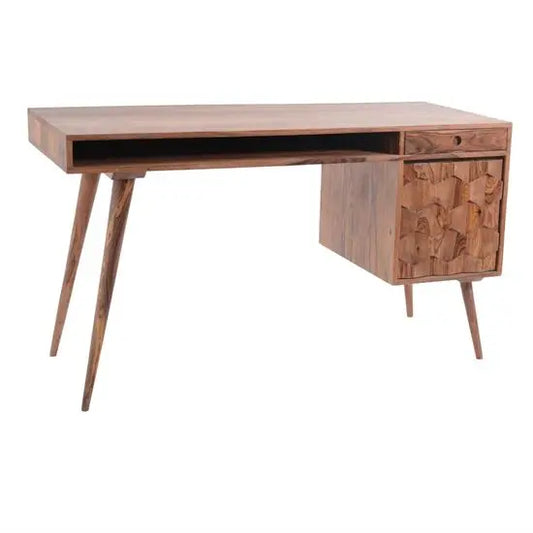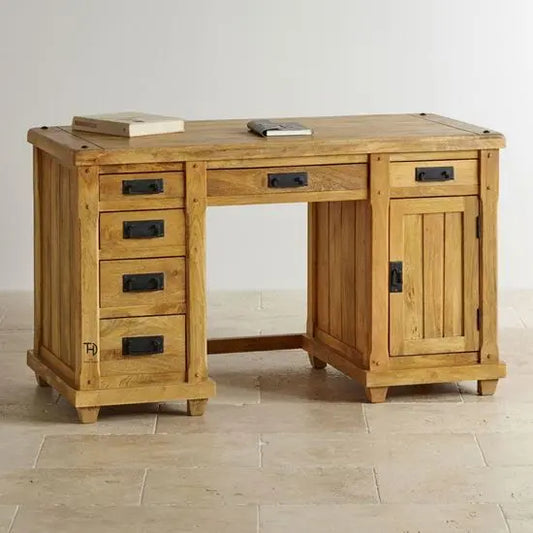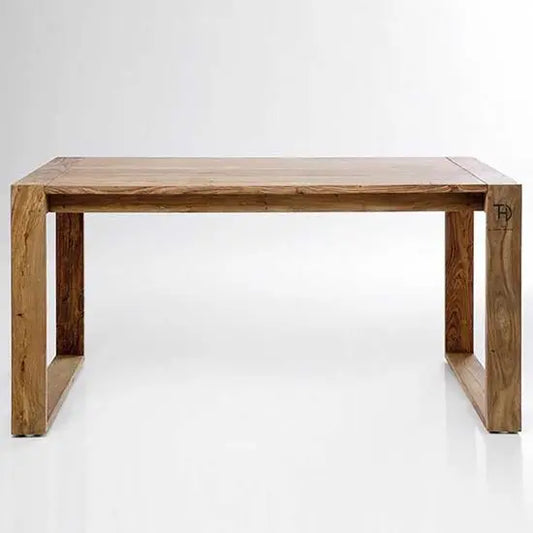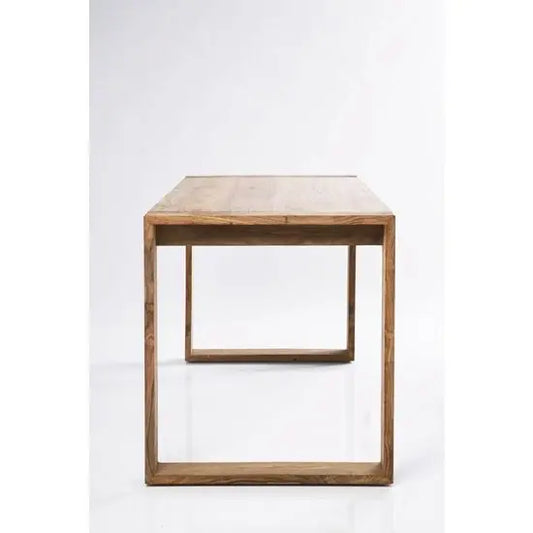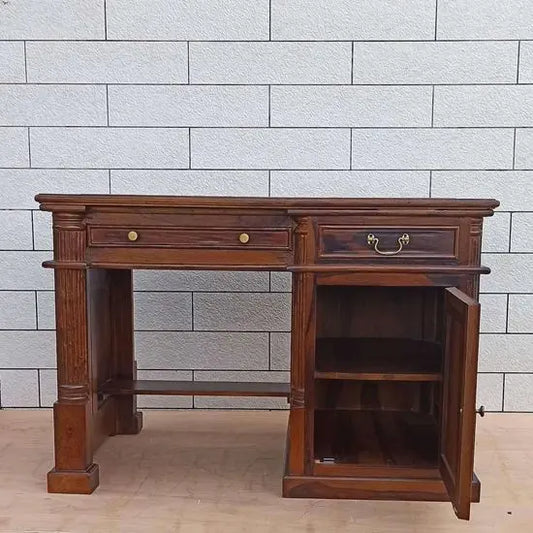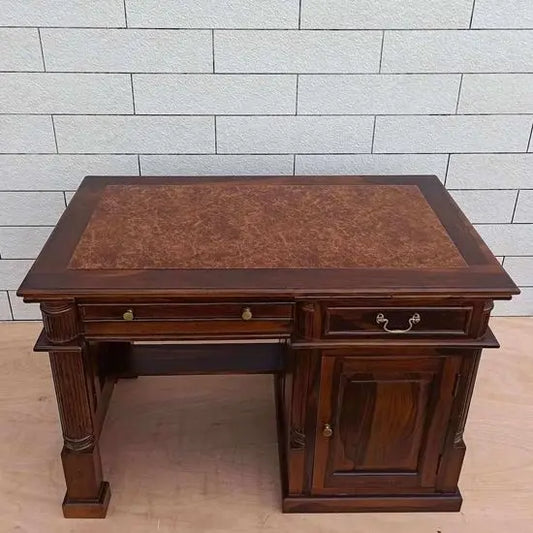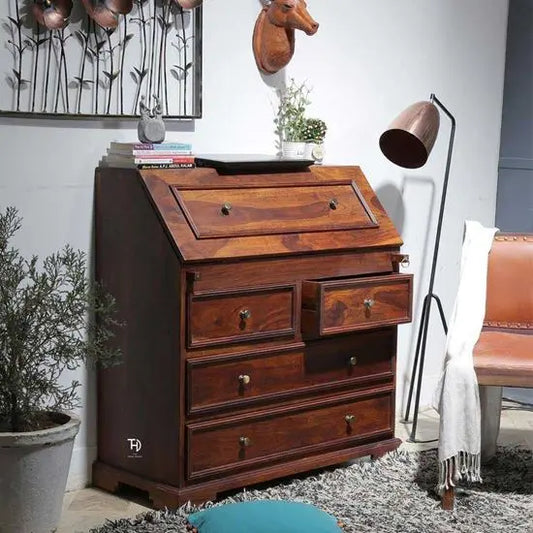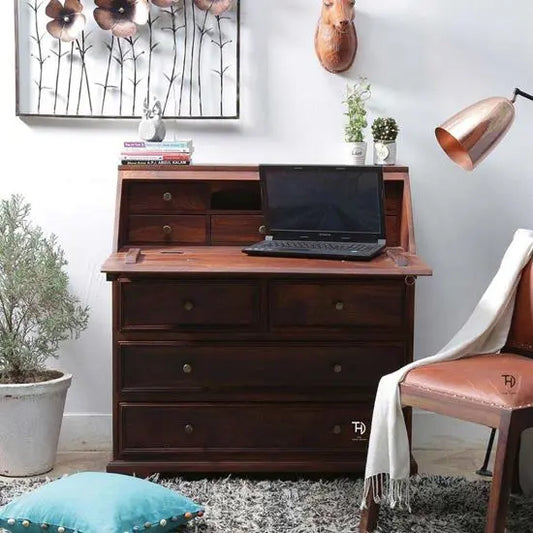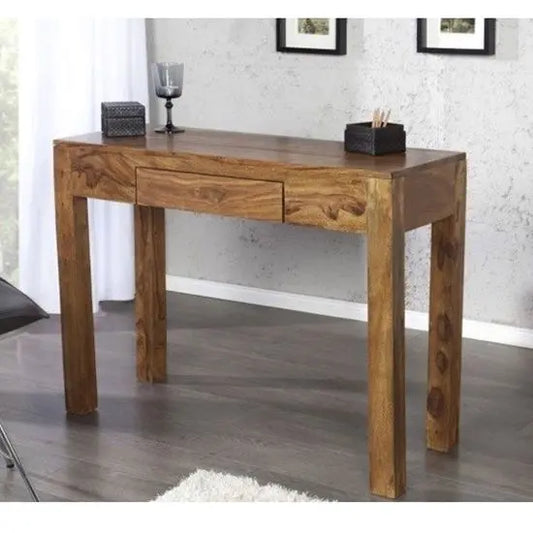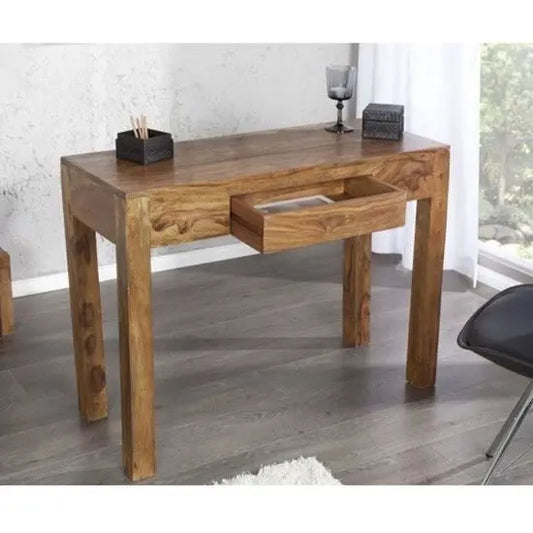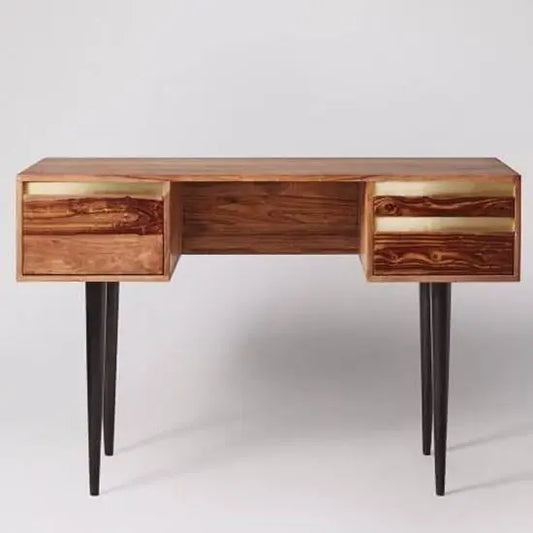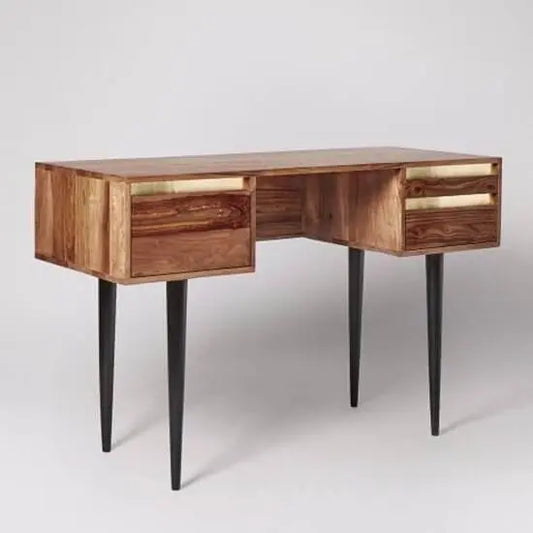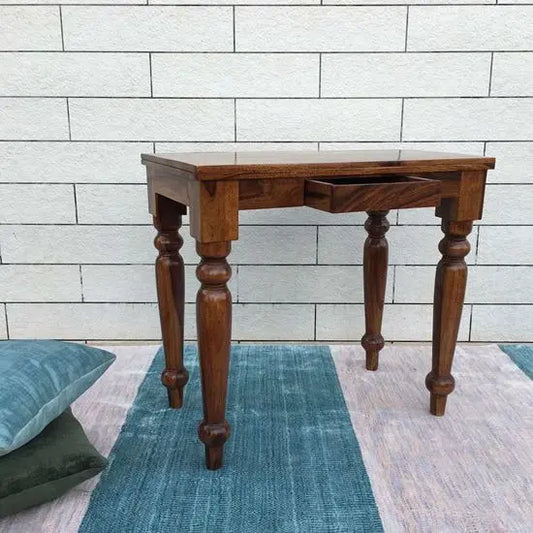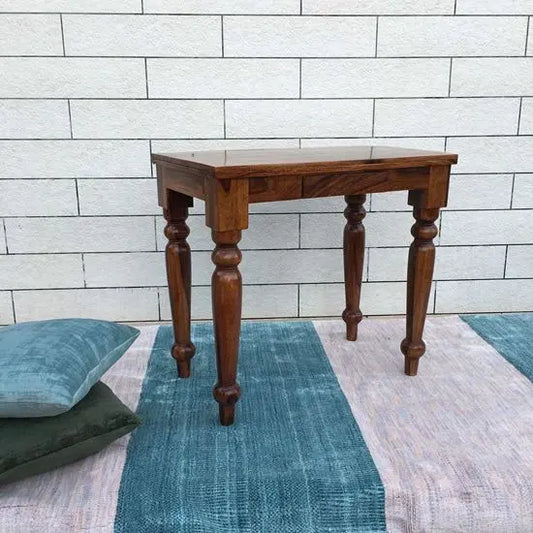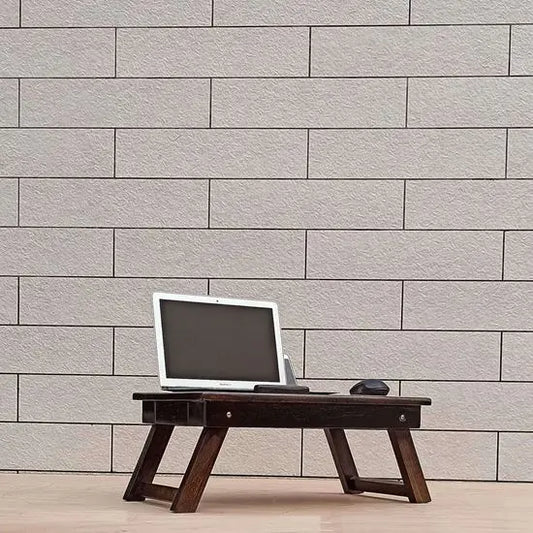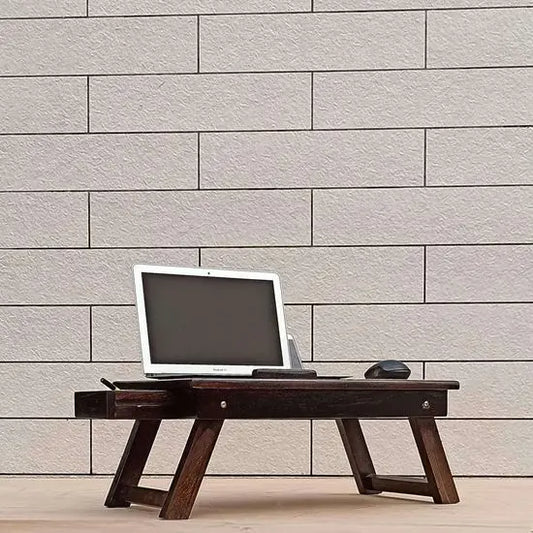-
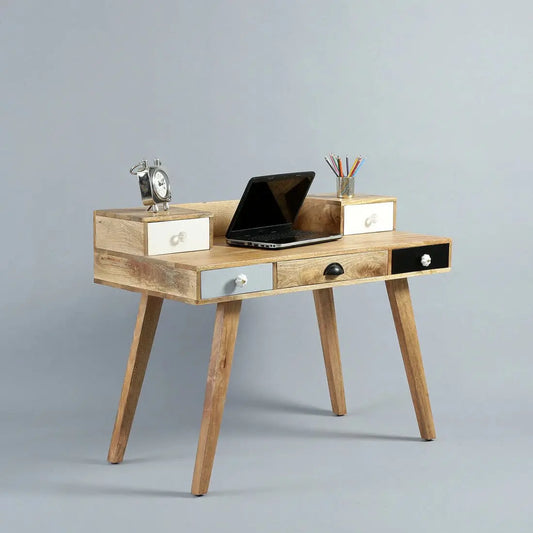
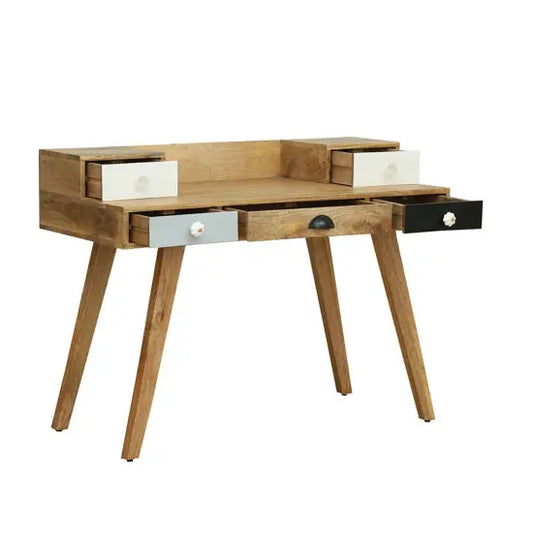 Sale
SaleRino Study Table
Regular price Rs. 18,000.00Regular priceUnit price / perRs. 21,000.00Sale price Rs. 18,000.00Sale -
Monet Study Table
Regular price Rs. 18,000.00Regular priceUnit price / per -
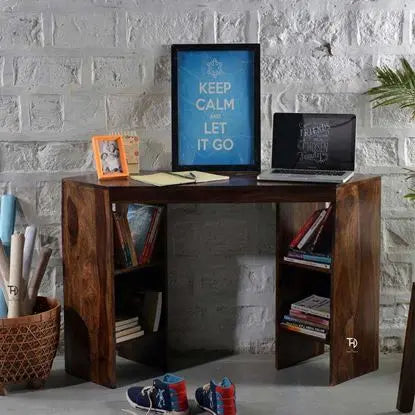
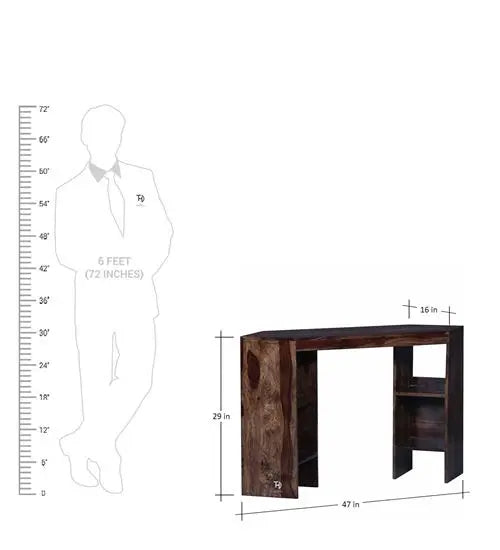 Sale
SaleCorner Study Table
Regular price Rs. 7,500.00Regular priceUnit price / perRs. 15,000.00Sale price Rs. 7,500.00Sale -
Harry Desk
Regular price Rs. 39,000.00Regular priceUnit price / per -
Ladder Study Table White
Regular price Rs. 12,000.00Regular priceUnit price / per -
Sahara Study Table
Regular price Rs. 16,700.00Regular priceUnit price / per -
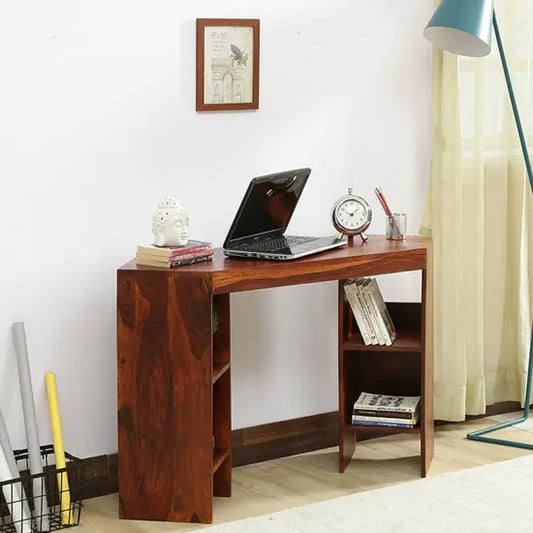
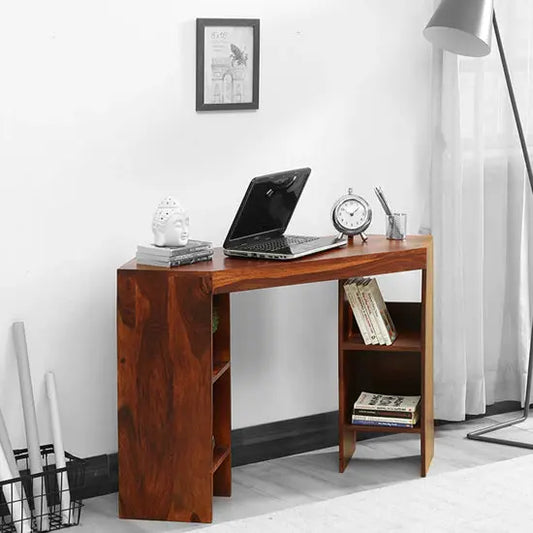 Sale
SaleCorno Study Table
Regular price Rs. 7,500.00Regular priceUnit price / perRs. 15,000.00Sale price Rs. 7,500.00Sale -
Drag Study Desk
Regular price Rs. 18,600.00Regular priceUnit price / per -
Dune Kristina Desk
Regular price Rs. 18,200.00Regular priceUnit price / per -
Xtriva Study Table
Regular price Rs. 21,000.00Regular priceUnit price / per -
Kristina Study Table
Regular price Rs. 16,200.00Regular priceUnit price / per -
Lowe Folding Dining table
No reviewsRegular price Rs. 10,800.00Regular priceUnit price / per -
Major Study Table With Bookshelf
Regular price Rs. 17,500.00Regular priceUnit price / per -
Noah Lap Table
Regular price Rs. 3,400.00Regular priceUnit price / per -
Xtriva Study Desk
Regular price Rs. 16,000.00Regular priceUnit price / per -
Ara Study Table
Regular price Rs. 16,800.00Regular priceUnit price / per -
Nuraavi Study Desk
1 review5.0 / 5.0
(1) 1 total reviews
Regular price Rs. 13,600.00Regular priceUnit price / per -
Neural Vibro Study Table
Regular price Rs. 27,800.00Regular priceUnit price / per -
Budget Study Table
Regular price Rs. 7,500.00Regular priceUnit price / per -
Clazz Study Table
Regular price Rs. 14,500.00Regular priceUnit price / per -
Lazer Study Table
Regular price Rs. 8,500.00Regular priceUnit price / per -
Noah Laptop Table for bed
Regular price Rs. 2,800.00Regular priceUnit price / per
Collection: Study Table
A wooden study table and Chair offer functionality and aesthetic appeal, providing a sturdy and durable surface for studying, working, or reading. Here are some key features and considerations when choosing a wooden study table:
- Material: For durability and longevity, select a study table and chair made from high-quality wood, such as Sheesham, Mango, or Acacia. Solid wood construction is preferable for its strength and stability.
- Design: Consider the design and style of the study table to complement your existing decor and personal taste. Look for features like a spacious tabletop, storage drawers or shelves for organizing books and stationery, and ergonomic design elements like a comfortable height and legroom.
- Size and Space: Measure the available space in your study room or home office to determine the size of the study table. Consider factors such as the room's dimensions, the placement of other furniture pieces, and any specific space constraints or requirements.
- Storage: Depending on your storage needs, choose a study table with adequate storage options such as drawers, cabinets, or shelves. This will help keep your study area organized and clutter-free, allowing you to focus better on your work or studies.
- Finish: Pay attention to the finish and surface treatment of the wooden study table. Opt for a finish that enhances the natural beauty of the wood while protecting against scratches, stains, and wear. We finish our study table in melamine with medium shine; we use Nerolac melamine.
- Functionality: Consider additional features or functionality that may enhance your study experience, such as built-in cable management for electronic devices, adjustable height or tilting tabletops for ergonomic comfort, or integrated lighting for task illumination.
- Budget: Determine your budget for the study table and chair and choose options that offer the best value within your price range. While solid wood study table prices start from Rs 2900, we provide better quality and longevity than cheaper alternatives.
Considering these features and factors, you can select a wooden study table that meets your practical needs, complements your decor, and enhances your study or work environment.
Purpose of Wooden Study Table & ChairA study tables are dedicated workspace for various academic, professional, or personal activities. Its primary purpose is to provide a comfortable and organized environment for studying, working, reading, writing, or engaging in creative pursuits. Here are some specific purposes and benefits of a study table:
- Study and Learning: A study table offers a designated space for students of all ages to concentrate on their studies, complete homework assignments, prepare for exams, and engage in educational activities. A dedicated study area can help improve focus, productivity, and academic performance. So a study table for kids or kids study table is very important. So consider whether you need a study table with chair or without.
- Work and Productivity: For professionals who work from home or require a home office space, a study table provides a functional workstation for conducting business, attending virtual meetings, completing tasks, and managing paperwork. It promotes productivity, organization, and efficiency in professional endeavors.
- Reading and Research: A study table is an ideal setting for reading books, journals, articles, and other educational materials. It offers a comfortable and well-lit environment for extended reading sessions, allowing individuals to immerse themselves in learning and intellectual pursuits.
- Writing and Creativity: Writers, artists, designers, and other creative professionals can benefit from a study table as a dedicated space for brainstorming ideas, sketching, drafting, and creating. It provides a conducive environment for unleashing creativity, exploring new concepts, and bringing projects to fruition.
- Organization and Storage: Study tables often come with built-in storage features such as drawers, shelves, or compartments, providing convenient space for organizing books, stationery, supplies, electronic devices, and other study-related materials. This promotes tidiness, efficiency, and easy access to essential items.
- Comfort and Ergonomics: A well-designed study table offers ergonomic benefits such as adjustable height, comfortable seating, and proper posture support, reducing the risk of discomfort, fatigue, and strain during prolonged study or work sessions. It promotes health, well-being, and long-term productivity.
- Personalization and Motivation: We customize the study table with personal touches, inspirational decor, motivational quotes, or photos of loved ones that can create a personalized and inviting space that encourages focus creativity, and a positive mindset. It is a motivational hub for achieving academic, professional, and personal goals.
A study table is a multifunctional and versatile workspace that fosters learning, productivity, organization, creativity, and well-being. Whether used by students, professionals, or individuals pursuing personal interests, a study table supports academic, professional, and personal growth.
Types of Study Table and Chair
Study tables come in various types, styles, and designs to suit different needs, preferences, and space requirements. Here are some common types of study tables:
- Standard Study Table: A standard study table typically features a simple design with a flat tabletop and may include storage drawers, shelves, or compartments for organizing books, stationery, and study materials. It provides a functional and versatile workspace for studying, working, reading, or writing.
- Computer Desk: A computer desk is designed to house a computer or laptop. It features a keyboard tray, CPU storage compartment, and cable management options. It provides a dedicated workspace for digital tasks such as web browsing, typing, gaming, or programming.
- Writing Desk: A writing desk is a minimalist table with a spacious flat surface, ideal for writing, drafting, or sketching. It typically lacks storage features and is designed for simplicity and elegance, making it suitable for creative pursuits or minimalist decor styles.
- Corner Study Table: A corner desk is designed to fit snugly into a corner of a room, maximizing space efficiency and providing a compact workstation. It often features an L-shaped or triangular design to optimize corner spaces in homes or offices.
- Floating Desk: A floating desk is mounted directly onto the wall, saving floor space and creating a sleek, minimalist look. It is ideal for small rooms, apartments, or modern interiors with limited space. Floating desks may include shelves or storage compartments for added functionality.
- Foldable study table: A folding study table is a portable, space-saving option that can be folded or collapsed when not used. It is convenient for temporary workspaces or small living areas. It is lightweight, versatile, and easy to store or transport as needed.
- Standing Desk: A standing desk, also known as a stand-up desk or height-adjustable desk, allows users to alternate between sitting and standing positions while working or studying. It promotes better posture, reduces sedentary behaviour, and improves overall health and productivity.
- Convertible Desk: A convertible desk offers versatility by transforming into different configurations or serving multiple functions. For example, it may convert from a study table to a dining table, a storage unit, or a bed, providing flexibility for small spaces or multifunctional rooms.
These are just a few examples of the types of study tables available. When choosing a study table, consider your specific needs, available space, design preferences, and budget to select the option that best suits your requirements.
Buying Study Table Online
The Home Dekor is the best website to buy furniture online. We are the manufacturer, and we also make custom study room furniture in terms of design, colour, size, etc.
FAQ's
Q: What is the best material for a study table and chair?
A: The best material for a study table and chair is solid wood, which is popular for its strength and natural beauty. Other materials like particle board and plastic are cheaper but not durable.
Q: What size should a study table be?
A: The size of a study table depends on the size of the room where it will be placed and the individual's needs. It should be big enough to accommodate study materials and a laptop comfortably but not so large that it takes up too much space.
Q: Are study tables for kids available online at The Home Dekor?
A: You can find a wide range of study tables for kids online at the home decor. Our selection includes various sizes, styles, and designs to suit different preferences and budgets. We also offer delivery throughout India for added convenience.
Q: Can a study table also function as a bookshelf?
A: Yes, some study tables come with built-in bookshelves or a design allowing them to double as a bookshelf. This can be a convenient feature for students or professionals who need easy access to study materials.
Q: Can I buy a study table online?
A: Yes, you can buy a study table online. The Home Dekor offers a wide selection of online study tables and other furniture, and they are delivered throughout India.
Related: Study Room Furniture, Study Table for Kids, Sheesham Wood Study Table, Work from Home Desk, Work from Home Study Table, Study Table Design, Study Table with Chair, Study Table Price, Small Study Table, Wooden Office Table, Study Table, Study Table Online, Buy Study Table Online, Buy Solid Wood Study Table Online, Computer Table Study Desk, Wooden Study Table, Reading Table Price



